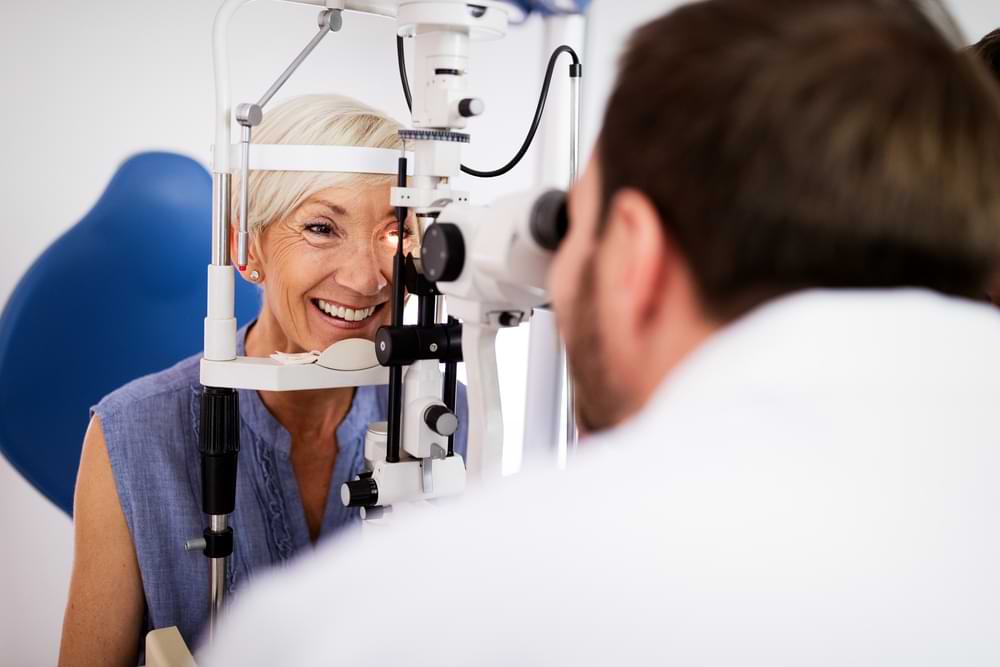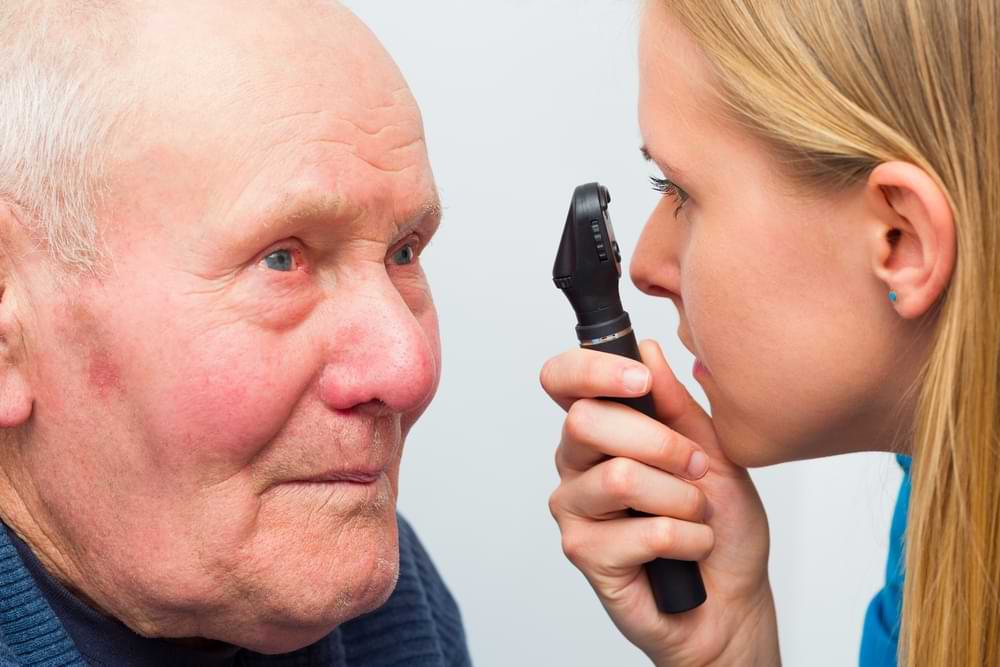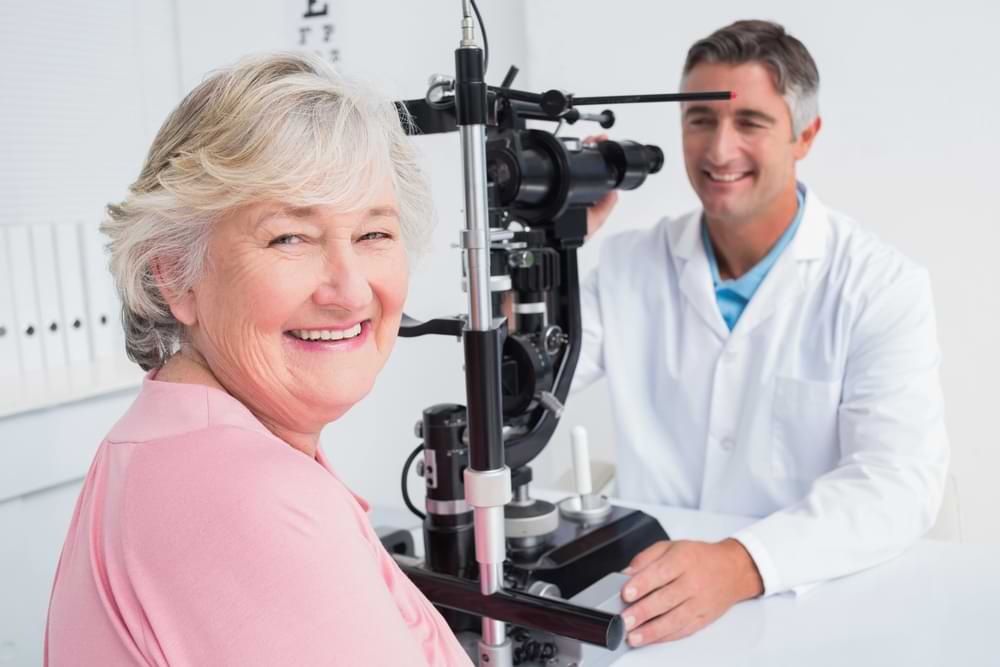Macular Degeneration Treatment
Manage age-related macular degeneration (AMD) and protect your vision with experienced eye care. Advanced diagnostics, personalized treatment plans, and long-term support.
Early Detection and Diagnosis: Advanced diagnostic tools ensure accurate and early detection of macular degeneration.
Comprehensive Treatment Options: Personalized eye care plans including referrals for specialist treatment.
Collaboration with Ophthalmologists: Co-management with Anti-VEGF Therapy and Laser Therapy providers.
Ongoing Monitoring and Support: Regular check-ups to monitor your condition and adjust treatments as needed.
Frequently Asked Questions:
How often do I need to get a dilated eye exam to check on my AMD?
If you have been diagnosed with Age-Related Macular Degeneration (AMD), it is generally recommended to have a dilated eye exam every 6 to 12 months. The frequency may vary depending on the stage and type of AMD (wet or dry) and your specific risk factors. Regular dilated eye exams are crucial for monitoring the progression of the condition and adjusting treatment plans as needed. Your optometrist will provide personalized recommendations based on your individual case.
How quickly does eyesight deteriorate with macular degeneration?
The rate of vision deterioration with macular degeneration varies widely from person to person. In the early and intermediate stages, particularly with dry AMD, vision loss may progress slowly over several years. In contrast, wet AMD can lead to more rapid vision loss if not treated promptly. Regular monitoring and timely intervention are key to slowing down the progression and preserving as much vision as possible.
Does AMD put me at risk for other eye diseases?
Yes, having Age-Related Macular Degeneration (AMD) can increase your risk for other eye conditions. For example, individuals with AMD are at a higher risk of developing glaucoma and cataracts. Additionally, those with high levels of myopia or severe AMD may have an increased risk of retinal detachment. Regular eye exams and proactive management of AMD are essential to minimize these risks and maintain overall eye health.
What vision therapy is available for AMD?
While there is no cure for AMD, several vision therapy options can help manage the condition and improve quality of life. These include the use of low vision aids, such as magnifying glasses, special reading glasses, and electronic devices designed to enhance remaining vision. Additionally, Anti-VEGF injections, laser therapy, and nutritional supplements may be recommended to slow the progression of AMD. Adaptive techniques and environmental modifications can also help patients maintain independence in daily activities. Your optometrist can work with you to develop a personalized therapy plan based on your specific needs.



